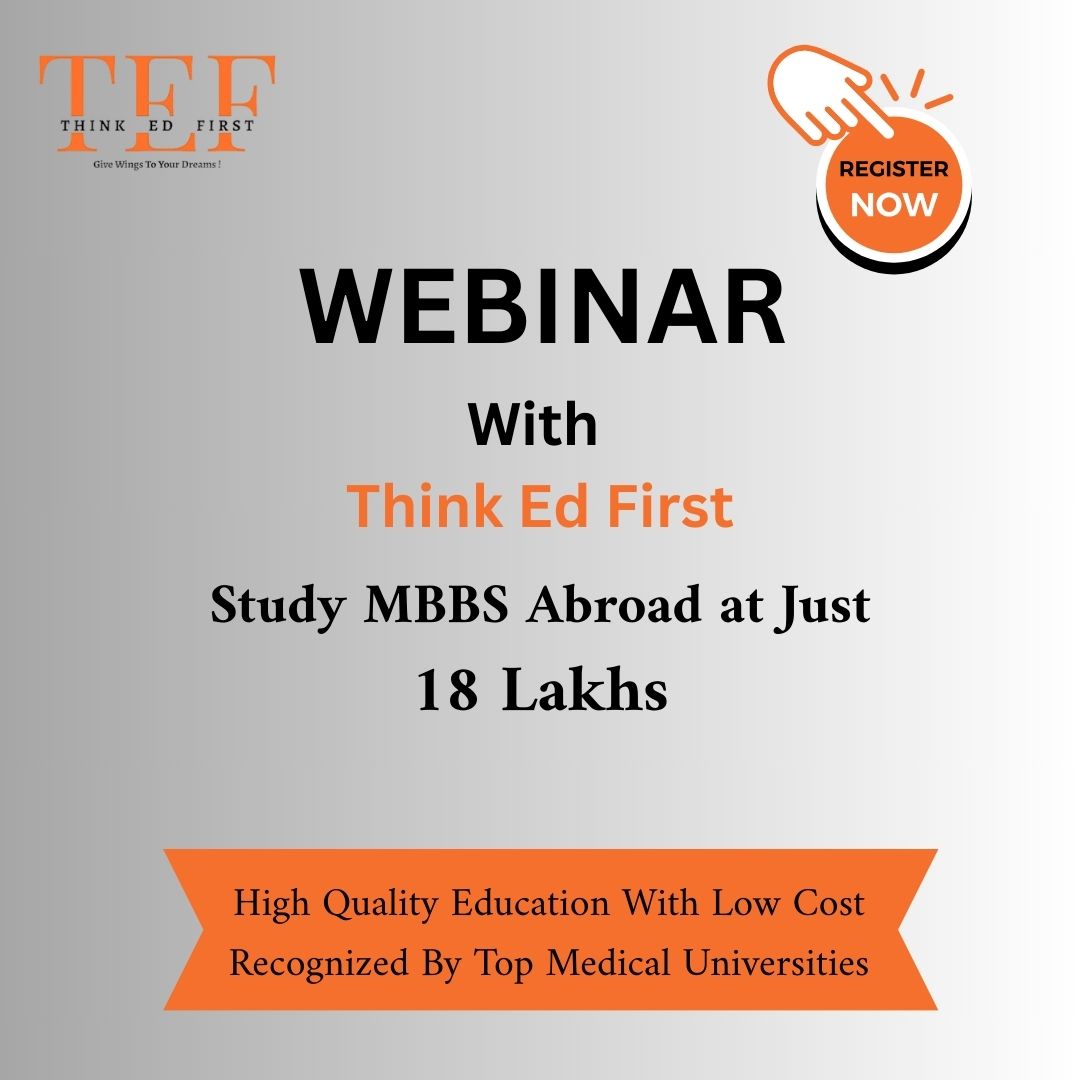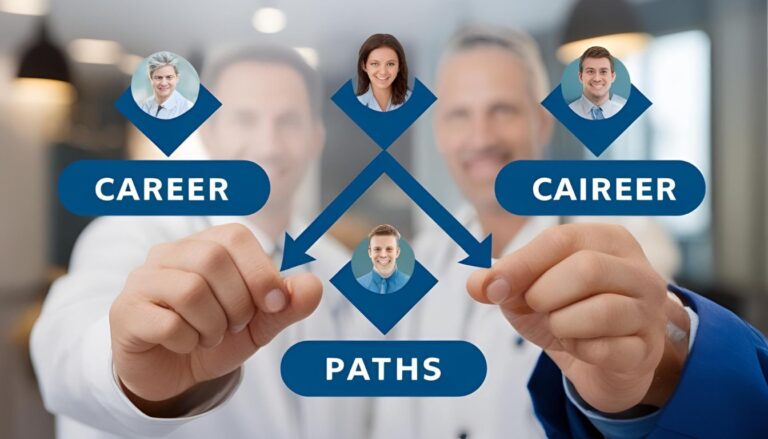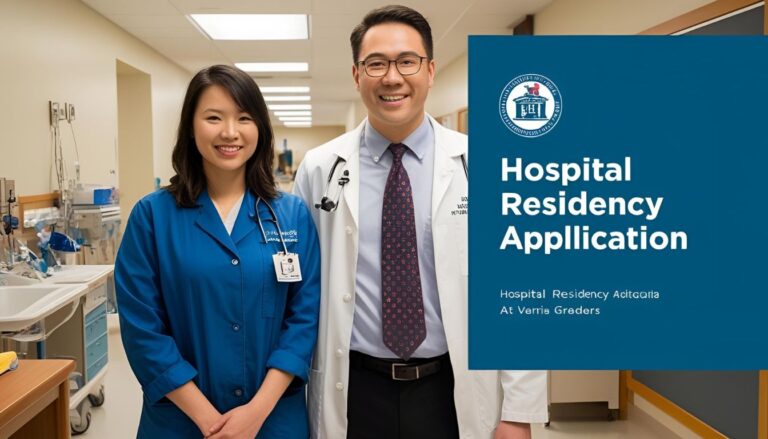Have you ever wondered how early involvement in scientific studies can shape a doctor’s career? In today’s fast-evolving healthcare landscape, understanding the value of hands-on experience is crucial. The Bangladesh Medical Research Council (BMRC) has been instrumental in fostering this mindset by establishing dedicated cells in eight colleges.
Recent data reveals that 21.5% of learners actively engage in studies beyond their coursework. This highlights a growing trend where young professionals are eager to contribute to advancements in healthcare. Collaboration with initiatives like the Bangladesh Cancer Genome Project further amplifies this impact.
Such exposure not only enhances clinical skills but also prepares individuals to tackle real-world challenges. With a structured curriculum that includes research methodology, the foundation for innovation is being laid early. This approach ensures that future practitioners are well-equipped to make meaningful contributions to their field.
Why Research Matters for Medical Students in Bangladesh
Understanding the importance of hands-on learning can transform how we approach healthcare. Practical studies play a vital role in shaping education and improving patient outcomes. By integrating these experiences into training, we can address real-world challenges more effectively.
The Role of Research in Medical Education
Practical studies are essential for building a strong foundation in healthcare. They help us develop critical skills like data analysis and problem-solving. For example, the BMRC National Retrieval System offers access to over 5,000 local abstracts, providing valuable insights for learners.
Studies show that those with practical training are 3.9 times more likely to secure residency placements. This highlights the importance of integrating such experiences into the curriculum. Over 82% of learners also express a need for more practical-oriented courses.
How Research Enhances Clinical Practice
Engaging in practical studies improves patient management and reduces errors in clinical settings. Translational medicine, for instance, addresses unique health challenges by bridging the gap between theory and practice. Case studies have shown how diagnostic protocols have been enhanced through such efforts.
Collaborative initiatives, like those with WHO, offer hands-on experience in public health and epidemiology. These programs not only enhance skills but also prepare us to tackle community health issues effectively.
| Key Data | Impact |
|---|---|
| 3.9x higher residency acceptance | Better career prospects |
| 82.3% demand for practical courses | Enhanced learning experience |
| 5,000+ local research abstracts | Access to valuable insights |
Current Research Opportunities for Medical Students in Bangladesh
Exploring global partnerships can open doors to innovative healthcare solutions. These collaborations provide access to cutting-edge knowledge and practical experience. They also help address local challenges with global expertise.
Bangladesh Medical Research Council (BMRC) Programs
The BMRC offers a range of initiatives to support practical learning. Programs like the Bangladesh Cancer Genome Project (BCGP) focus on personalized cancer management. This project collaborates with the Indian Cancer Genome Atlas (ICGA) to share data and insights.
BMRC also organizes training courses and workshops. These programs aim to build capacity in areas like infectious diseases and primary healthcare. Over 2,500 participants have benefited from these efforts.
University-Led Research Initiatives
Local universities are actively involved in advancing healthcare knowledge. The Bangladesh-Singapore Joint Tropical Medicine Research Program is one example. It focuses on understanding and treating tropical diseases prevalent in the region.
Another initiative is the WHO-supported maternal nutrition studies. These projects aim to improve health outcomes in rural communities. They provide valuable data for shaping public health policies.
Collaborative Projects with International Institutions
Partnerships with global institutions bring diverse perspectives to healthcare challenges. The Oxford Clinical Trial Methodology Unit works with local teams to improve clinical trial designs. This collaboration enhances the quality of healthcare data.
Erasmus+ funded student exchange programs offer hands-on experience in international settings. These opportunities help participants gain skills and insights that are hard to find locally. They also foster long-term professional networks.
- Global Surgery Student Challenge: Open to those interested in surgical innovation.
- ASEAN Medical Journal networks: Provide platforms for publishing findings.
Such initiatives highlight the impact of international collaboration on healthcare advancements. They also prepare participants to tackle global health challenges effectively.
Scholarships and Grants for Medical Research
Securing grants and scholarships is a key step for advancing healthcare knowledge. Financial support helps bridge the gap between ideas and execution. Without it, many promising projects may never see the light of day.
Around 15.9% of learners cite limited funding as their main barrier. This highlights the need for accessible financial resources. Let’s explore the options available for aspiring professionals.
Government-Funded Research Grants
Government initiatives play a vital role in supporting scientific work. These programs often focus on addressing local health challenges. They provide both financial aid and mentorship to participants.
For example, the Novo Nordisk Bangladesh Diabetes Research Fellowship focuses on diabetes management. It offers funding for innovative projects in this field. Such programs help shape the future of healthcare.
Private and International Funding Options
Private organizations and international bodies also offer valuable support. These programs often come with additional resources like training and networking opportunities.
The WHO-TDR Clinical Research and Development Fellowships are a great example. They focus on building skills in clinical studies. Similarly, the Gates Foundation Grand Challenges Explorations grant supports groundbreaking ideas in global health.
Corporate CSR programs, like Square Pharma’s Young Innovators Award, also provide funding. These initiatives encourage young minds to think creatively. Crowdfunding platforms are another option for raising funds locally.
| Funding Program | Focus Area |
|---|---|
| Novo Nordisk Fellowship | Diabetes Management |
| WHO-TDR Fellowships | Clinical Research |
| Gates Foundation Grant | Global Health Innovations |
| Square Pharma Award | Young Innovators |
Publishing Research as a Medical Student
Publishing your work can be a game-changer for your professional journey. It not only showcases your expertise but also opens doors to new possibilities. Early publication can significantly shape your future career and leave a lasting impact.
Steps to Get Published in Peer-Reviewed Journals
Getting your work published requires careful planning and execution. Start by choosing a topic that aligns with your interests and has potential for contribution. Conduct thorough analysis and ensure your methodology is sound.
Next, write a clear and concise manuscript. Follow the journal’s guidelines for formatting and submission. Peer review is a critical step, so be prepared to revise based on feedback. Collaboration with mentors can also enhance the quality of your work.
Benefits of Early Publication for Career Growth
Early publication offers numerous advantages. It strengthens applications for programs like the Commonwealth Scholarship and postgraduate selections. Alumni who published early have secured roles in organizations like WHO, showcasing the power of a strong academic profile.
Citation metrics also play a role in academic promotions. Listing your publications in ERAS residency applications can boost your chances of matching. Additionally, submitting abstracts to international conferences can expand your network and visibility.
| Benefit | Impact |
|---|---|
| 1.5x higher residency match rates | Improved career prospects |
| Enhanced scholarship applications | Access to advanced programs |
| Citation metrics for promotions | Academic recognition |
Challenges Faced by Medical Students in Research
Navigating the path to academic excellence often comes with hurdles. These challenges can slow progress and create frustration. Understanding these obstacles is the first step toward overcoming them.
Common Obstacles in Designing and Conducting Studies
Many face difficulties in planning and executing academic projects. Lack of time due to coursework is a major barrier, cited by 89.1% of individuals. Additionally, 87.5% struggle with unfamiliar methodologies, making it harder to start.
Statistical analysis is another common challenge, reported by 85.2%. Designing a study is often the most difficult task, with 26.7% finding it overwhelming. Data collection and participant recruitment also pose significant issues for 19.6%.
Limited Access to Mentorship and Resources
Insufficient guidance is a recurring problem. About 16.3% cite lack of mentorship as their primary barrier. This gap can hinder progress and limit growth in academic pursuits.
- The student-to-faculty ratio in many institutions is uneven, making one-on-one guidance rare.
- Peer mentorship programs, like those by the Medical Education Society, offer support but are not widely available.
- Online platforms such as Coursera provide courses on study methods, bridging the knowledge gap.
Access to physical resources is another challenge. Equipment sharing between departments can delay projects. Facilities like Dhaka University’s central animal facility are valuable but often underutilized due to accessibility issues.
Successful alumni mentorship initiatives show the impact of guidance. These programs connect experienced professionals with those just starting, fostering growth and knowledge sharing.
The Impact of Research on Future Medical Careers
Building a strong foundation in academic work can shape future success in healthcare. This experience not only enhances skills but also opens doors to diverse career paths. Many professionals credit their early involvement in academic projects for their long-term achievements.
How Academic Experience Boosts Residency Applications
Engaging in academic work early can significantly improve residency applications. Programs often look for candidates with hands-on experience and a proven track record. Data shows that 47.2% of individuals plan to pursue academic careers, highlighting its importance.
For example, those with academic experience are more likely to secure competitive placements. This is because they develop critical skills like data analysis and problem-solving. Such expertise is highly valued in residency programs.
Long-Term Benefits for Clinical and Academic Paths
Academic work offers long-term benefits for both clinical and academic paths. It prepares individuals for leadership roles in healthcare and beyond. Many professionals transition into roles like faculty positions or global health diplomacy.
- Physician-scientists often trace their success to early academic projects.
- Leadership roles in organizations like WHO-SEARO are common among those with academic backgrounds.
- Promotion criteria for university faculty often include academic contributions.
Innovations in healthcare, such as patent filings and tech transfers, also stem from academic work. These achievements highlight the lasting impact of early involvement in academic projects.
How to Find the Right Research Mentor
Finding the right mentor can make a significant difference in your academic journey. A good advisor provides guidance, shares knowledge, and helps you navigate challenges. With the right support, you can achieve your goals and grow professionally.
Qualities to Look for in a Research Advisor
When choosing a mentor, consider their experience and expertise. Look for someone who has a strong track record in your field of interest. A good mentor is approachable, supportive, and willing to invest time in your development.
Communication skills are also crucial. Your mentor should be able to explain complex ideas clearly and provide constructive feedback. Additionally, seek someone who encourages creativity and independence while offering guidance when needed.
| Quality | Why It Matters |
|---|---|
| Experience | Provides valuable insights and knowledge |
| Communication | Ensures clear understanding and feedback |
| Supportiveness | Encourages growth and confidence |
| Accessibility | Makes guidance readily available |
Networking Strategies for Medical Students
Building a strong professional network is essential for finding mentorship opportunities. Start by attending conferences like ICMH, where you can meet experts and present your work. These events are great for learning and making connections.
Joining groups like IEDCR’s outbreak investigation teams can also help. These activities provide hands-on experience and introduce you to potential mentors. Online platforms, such as active Facebook groups for student researchers, are another way to connect with like-minded individuals.
When reaching out to potential collaborators, maintain proper email etiquette. Be clear, concise, and respectful of their time. Highlight your interests and how their guidance can benefit your work.
Finally, consider joining networks like AAMC’s Global Research Network. These platforms offer resources and connect you with professionals worldwide. By actively participating in these activities, you can build lasting relationships and advance your career.
Integrating Research into the Medical Curriculum
How can we bridge the gap between theory and practice in education? Many learners feel that their training lacks real-world application. Addressing this issue requires meaningful education reform. By focusing on practical learning, we can better prepare individuals for the challenges they’ll face in their careers.
Current Gaps in the Education System
One major issue is the heavy focus on theoretical knowledge. Over 82% of learners demand more practical-oriented courses. This highlights a clear need for change. Additionally, limited access to well-equipped labs and libraries further restricts skill development.
Another challenge is the lack of hands-on training. Without proper guidance, learners struggle to apply their knowledge effectively. Modern pedagogical approaches, like problem-based learning, can help address these gaps. However, they are not yet widely implemented.
Proposed Reforms for Better Training
To improve the system, we need to introduce mandatory practical projects. For example, systematic review projects in Phase II can enhance critical thinking. Research methodology OSCE stations can also help learners develop essential skills.
Industry partnerships can provide access to real-world data. This will make learning more relevant and impactful. A digital badge system for research competencies can motivate learners to excel. Mobile apps for data collection training can further streamline the process.
Finally, national undergraduate excellence awards can recognize outstanding achievements. These reforms will not only improve learning but also prepare individuals for future challenges. By focusing on education reform, we can create a more effective and engaging training system.
Success Stories: Medical Students Who Excelled in Research
What drives some individuals to excel in their academic pursuits while balancing demanding schedules? Their journeys offer valuable insights into overcoming obstacles and achieving success. Let’s explore some inspiring stories and the lessons they teach us.
Case Studies of Notable Projects
One standout example is Laura Alvim, who took a gap year to strengthen her experience in academic projects. She emphasized the importance of networking and building strong connections with mentors. Her dedication led to significant contributions in her field.
Another inspiring story is that of Masuda Begum, who overcame challenges by staying persistent. She leveraged the support of her mentors and advisors to maintain her academic performance while juggling multiple responsibilities. Her journey highlights the value of resilience and teamwork.
Lessons Learned from Their Journeys
These individuals shared strategies that helped them succeed. Here are some key takeaways:
- Time Management: Published individuals like Robert Novo emphasized active learning techniques and balancing responsibilities effectively.
- Overcoming Challenges: Masuda Begum’s persistence in navigating obstacles like IRB approvals in pediatric studies is a testament to her determination.
- Interdisciplinary Teams: Collaboration with diverse experts often leads to innovative solutions and better outcomes.
- Patenting Insights: Understanding the process of patenting inventions can open new doors for academic and professional growth.
These stories remind us that success is often a result of hard work, strategic planning, and the right support system. By learning from their experiences, we can apply these lessons to our own journeys.
Practical Tips for Balancing Research and Studies
Balancing academic and practical work can be challenging, but with the right approach, it’s manageable. Many find it hard to juggle coursework and projects, especially when deadlines overlap. However, with effective strategies and the right tools, you can stay organized and productive.
Time Management Strategies for Busy Students
Creating a structured schedule is essential. Divide your tasks into categories like assignments, exams, and projects. Allocate specific time slots for each activity, ensuring you include breaks to avoid burnout.
Prioritize tasks based on urgency and importance. Use techniques like the Eisenhower Matrix to decide what needs immediate attention. This helps you focus on high-priority activities without feeling overwhelmed.
Set realistic goals and break them into smaller milestones. This makes it easier to track progress and stay motivated. Regularly review your schedule to adjust for any changes or unexpected tasks.
Tools and Resources to Streamline Research Work
Using the right tools can save time and improve efficiency. Here are some resources that can help:
- Jamovi and PSPP: Free statistical software for analyzing data effectively.
- ResearchRabbit: A tool for mapping literature and organizing references.
- REDCap: An electronic data capture system for managing research data.
- Mendeley: A reference manager to organize citations and sources.
- EndNote: Offered by BMRC, this tool simplifies referencing and citation management.
- GIS Training Workshops: Hosted by Dhaka University, these workshops enhance spatial data skills.
| Tool | Purpose |
|---|---|
| Jamovi | Statistical analysis |
| ResearchRabbit | Literature mapping |
| REDCap | Data management |
| Mendeley | Reference organization |
| EndNote | Citation management |
| GIS Workshops | Spatial data skills |
These tools and resources can make your work more efficient and organized. By integrating them into your routine, you can focus on achieving your goals without unnecessary stress.
Conclusion
Engaging in academic projects early can shape a brighter future in healthcare. Programs like BMRC grants and international collaborations provide valuable platforms for growth. These initiatives not only enhance skills but also open doors to impactful career opportunities.
To bridge participation gaps, curriculum reforms are essential. Integrating practical projects into training can foster a culture of innovation. Proactive engagement with mentors further strengthens this foundation, guiding learners toward success.
Student-led initiatives have a significant national impact, contributing to healthcare advancements. By embracing this journey, we can collectively drive progress and create meaningful change. Let’s take the first step toward a brighter future in healthcare today.





